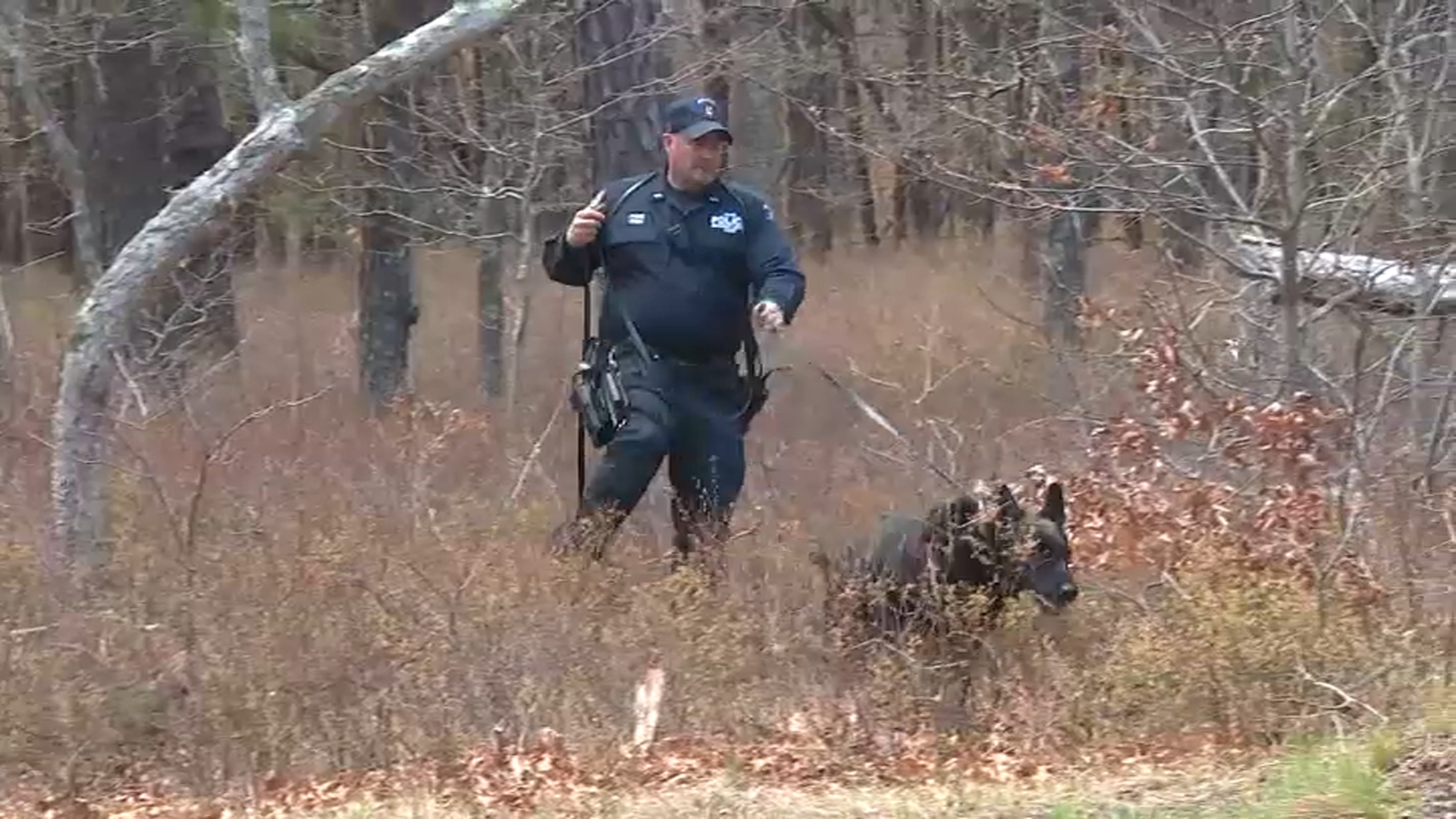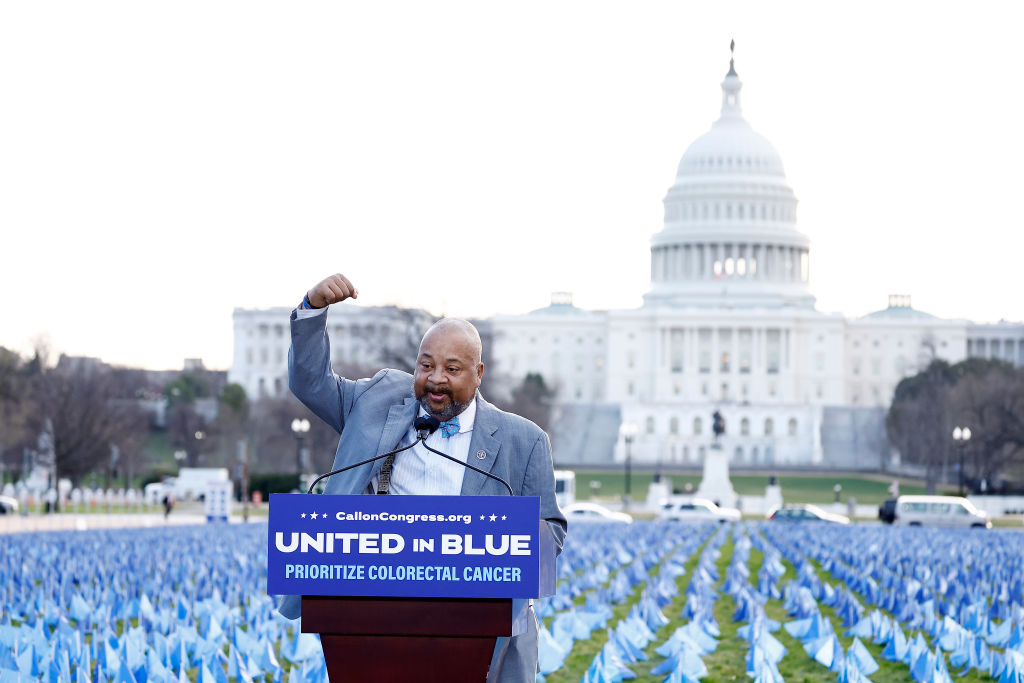Did you hear the one about the starlet who was so stupid she had sex with a screenwriter?
Charlie Kaufman doesn't find that old Hollywood joke funny.
The Oscar-winning scribe of 2004's "Eternal Sunshine of the Spotless Mind" says he's felt fulfilled as a writer, so he didn't feel the need to use that pursuit as a steppingstone to directing; plus, he's never seen those jobs "as a hierarchical thing the way people in the business do ... I think that they're very different jobs, and I don't think directing is more important than writing. I think that you could make an argument in the converse— not that I would, but you could, but no one does."
Still, he's making his directorial debut with "Synecdoche, New York," starring Philip Seymour Hoffman as a theater director whose romantic and professional lives meld, mostly in awful ways.
In answer to whether he always wanted to direct, the 50-year-old Kaufman sounds like the protagonists in some of his films — ambivalent, diffident, confident and yet, not: "I think yes, and then no, and then yes again."
He made super-8 films as a kid, then acted, and in film school he aspired to become a writer-director.
This opportunity cropped up because by the time Kaufman finished the script, Spike Jonze, who directed his screenplays for "Being John Malkovich" and "Adaptation," was committed to "Where the Wild Things Are." And Kaufman didn't want to wait to make "Synecdoche, New York."
Local
Before tackling the task, he felt emotionally prepared — and had no fear of failure.
"So, I thought, 'If I don't care if I fail, then I'll do my best, and I'll do it. And whatever happens will be OK.' And that made it much easier to go into it. And then, the job was the job; it wasn't a big surprise to me what the job was — I've been around movie sets a lot, I've done a lot of work in movies other than writing, so I know it. And I have worked with actors before, a lot."
He's been quite involved with most aspects of the production of four films — the two with Jonze and two with Michel Gondry ("Eternal Sunshine" and "Human Nature").
Hoffman, the best-actor Oscar winner for 2005's "Capote," says the first-time director worked "like he's been doing it his whole life, really."
Also noting Kaufman's close collaborations with Jonze and Gondry, Hoffman adds: "He's been on the sets and he's had relationships with the actors on his movies before. And he's (been) involved with the editing. So I don't think he's foreign to any of it, really. And he didn't act that way, either."
Kaufman didn't care if he failed as a director because "in my writing I came to the sort of conclusion awhile ago that the only way to do anything interesting is to not see failing as a negative thing."
The only way to avoid failure is to do something that you know how to do already, he ways, "which is, as a writer, completely uninteresting."
"I always take projects that I don't know how to do. I always go in and say, 'This is what I'm going to try to do; I haven't done this before.' And I accept the fact that it may not come out well. And this is a continuation of that.
"I think we see failure as a negative thing in our culture, and I don't see it as a negative thing. I think failure is a sign that you tried to do something that is challenging and you didn't know how to do, and that to me is a good thing. That's bold, that's adventurous ... you can actually come up with something new and interesting, which you can't if you keep doing the same thing over and over again."
To him, "success and failure are irrelevant" — which is why "I don't write for an audience in mind, ever. I don't ever think about an audience, because then I'd be writing what I think they want me to write, so that I can be successful, as opposed to writing what I feel, which is brave and risky."
He would direct again since he liked the experience and liked having "ultimate control" over the project.
The original notion for "Synecdoche, New York" came from Sony Pictures Entertainment co-chairwoman Amy Pascal, who thought it would be interesting for him and Jonze to develop a horror film.
They told her that the issues of aging, loneliness and regret were the most frightening things to them, and while that didn't sound like a classically scary movie to Pascal, she indicated she would green-light whatever they did.
"I can't write genre stuff. I mean, I don't want to. I don't like adhering to some predetermined form in any way," says Kaufman, who wrote George Clooney's directorial debut, "Confessions of a Dangerous Mind." ''I like giving my thoughts free rein and coming up with something that hasn't existed. So that (horror movie) was never going to happen.
"Maybe now that the economy is such a disaster, I'll be writing genre movies. Because I do need a paycheck," he says, adding: "I'm sadly not even joking."
Whether or not it ever comes to that, Kaufman maintains that — even though his movies can serve as stream-of-consciousness Rorschach tests for moviegoers — he intends his films to be accessible and entertaining.
Once he's finished with them, his movies are the audience's, not his — like a painting that's hanging on the wall belongs to the world, no longer to the artist, he says.
"It's yours to interact with. That's what I'm trying to do. And that's what I've always tried to do, is to give people the space to have this interact with their life ... and ideally, in my mind, in different ways for different people or even different ways for the same person on different viewings — like the way that you read a book when you're 16 and then read the same book again when you're 40. If it's a good book, it's a completely different book. I think that's an amazing thing that literature can offer."
As he discusses that protean process, he has in mind the great old staple of the high school canon, "The Catcher in the Rye."
"You know what? I still like it. It's just different. I'm not Holden anymore. I'm seeing Holden as 'the other' now."
But the J.D. Salinger novel remains "beautiful because it speaks to people at that age in such a profound way," he says. "That is not a small thing."



